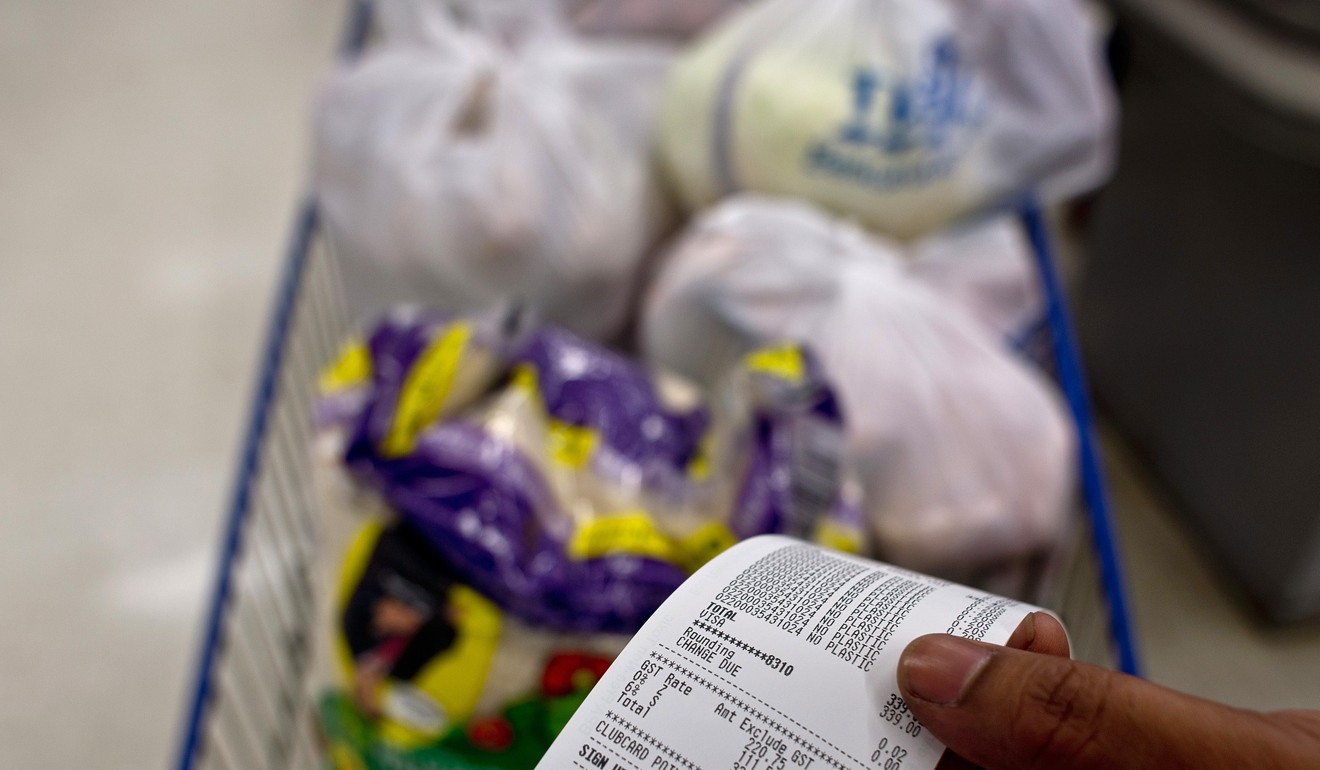Pakatan Harapan’s election win was one for the ages. The next four years will determine not just its future, but Malaysia’s too
- A year into government, the administration of Prime Minister Mahathir Mohamad has had some successes while also struggling to meet some of its pre-election promises.
- This is the seventh of a series of essays by well-known Malaysians to be published in the run-up to May 9, the anniversary of the country’s first change of government.

Pakatan Harapan took power in Malaysia on promises of economic relief and stewardship. The people fervently asked for it. The coalition and its predecessor, Barisan Nasional, both pledged to help Malaysians cope with rising costs, provide social assistance, sustain economic growth and manage public spending.
Barisan Nasional sought a mandate to do more of the same, and on some of those elements Pakatan Harapan converged, notably cash transfers, job growth, and the minimum wage. In sharp divergence, Pakatan Harapan boldly promised to abolish the goods and services tax (GST) implemented by the previous administration, prosecute financial scandals, arrest corruption and purge political patronage.
The new government’s projection of a people’s economy prevailed, but how has it performed in the first year?
Pakatan Harapan swiftly delivered on the key promise of abolishing the 6 per cent GST, and reinstated the narrower-based sales and services tax. Unsurprisingly, prices have not dropped commensurately, and people remain economically anxious, although perhaps mindful that the financial burdens they bear stem from complex causes, some beyond the government’s direct control. The cost of living continually occupies, and flummoxes, the government – but it is strenuously deliberated and studied, and assuredly a top priority.
Policies to ameliorate living standards, especially of low-income households, seek to boost earnings and channel social assistance. In principle, Pakatan Harapan has committed to both, with a priority on raising wages, but the timing and balance of policy shifts remain unclear.
For instance, proposals to reduce and eventually abolish cash transfers have stigmatised such assistance, and overlooked possible refinements to make them more effective. This may also further strain household budgets if earnings-boosting measures – which grapple with deep-seated structural problems – progress slowly.
The minimum wage is one distinct intervention. Pakatan Harapan has nudged it up to 1,100 ringgit (US$265.84) per month, although by a margin widely deemed inadequate. More fundamentally, the government has neglected attention to improving work conditions and promoting higher hourly productivity and wages. In retaining the six-day work week as the norm, among other things, the Malaysian labour market persists in the mode of low hourly wages and overworked migrant labour.
Behind the scenes, the quest for new growth sectors continues. Perhaps more will be unveiled in due course, but a perceivable lack of ambition on such matters raises concerns that Malaysia might lag in embracing new opportunities for sustainable growth and skilled jobs.
Undoubtedly, government budget tightening derives from the parlous state of public coffers that Pakatan Harapan inherited, compounded by the loss of GST revenue. The Najib administration’s 1MDB quagmire, and other scandals, undermined trust and financial standing, and saddled the country with overpriced and dubiously negotiated mega projects threatening massive future debt burdens.
Some of Pakatan Harapan’s greatest zeal and resolve has been channelled into the justice system; 1MDB prosecution proceedings, anti-corruption measures and judicial independence hold out promise. Infrastructure mega projects pose greater challenges, both financially and diplomatically. Initial rhetoric of cancellation has shifted to renegotiation. Ambiguities must be clarified and confidence restored soon.

Aside from massive individual cases, systemic changes have also unfolded, with the enhancement of public finance through cost savings and formulation of targeted consumption taxes. However, the government has avoided systemic restructuring and new sources of public revenue, such as steady raises in top-end income taxes, or the introduction of capital gains and other wealth taxes.
On the allocation of state largesse, some positive moves are worth noting, notably the elimination of overt political interference in the form of politicians’ recommendation letters for contracts, loans, even scholarships. Nonetheless, Pakatan Harapan has not shaken other old habits of patronage and partisan appointments to leadership positions in public institutions. It has also not articulated a clear stance on whether and how public procurement and other development programmes will be utilised to more effectively cultivate a capable and self-reliant Malay professional and entrepreneurial class, even while the government has reaffirmed this ultimate goal.
Across the gamut of race-preferential programmes, old-school jostling over racial quotas perpetuates, placating pressures from the electorate but providing scant new narratives, nor dynamic new policies.
One year ago, Pakatan Harapan tapped the pulse of a nation crying for rescue and relief, and pulled off an election win for the ages. What it delivers in the next four years will determine whether its power lasts one season or beyond.
Hwok-Aun Lee is Senior Fellow at the ISEAS-Yusof Ishak Institute, Singapore